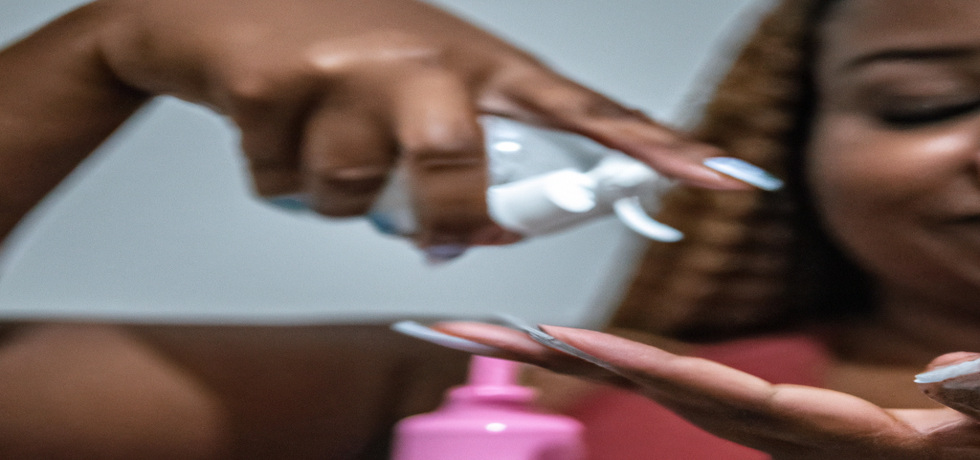
Essential Guide to Hand Sanitizer: Everything You Need to Know
Understanding Hand Sanitizers
Hand hygiene has become paramount in todays world, especially amidst health crises like the COVID-19 pandemic. With the rise in the importance of maintaining cleanliness, hand sanitizers have emerged as an essential tool for protecting ourselves from germs. But do you know what hand sanitizers are made of or how to use them effectively? This essential guide to hand sanitizer will answer all your questions.
What is Hand Sanitizer?
Hand sanitizer is a liquid, gel, or foam-coated agent designed to cleanse and kill pathogens on hands. Generally found in either alcohol-based or alcohol-free formulations, hand sanitizers are a fast and convenient option for maintaining hand hygiene when soap and water aren’t available. The alcohol-based sanitizers typically contain between 60% and 95% alcohol, which plays a significant role in killing harmful bacteria and viruses.
Types of Hand Sanitizers
There are two primary types of hand sanitizers: alcohol-based and non-alcohol-based. Alcohol-based hand sanitizers are the most effective, as they disrupt the cellular mechanisms of microbes. On the other hand, alcohol-free sanitizers use agents like triclosan to eliminate germs but may not be as effective in certain situations. It’s essential to choose the right type for maximum efficiency in hand hygiene.
Benefits of Using Hand Sanitizer
The convenience of hand sanitizers makes them highly advantageous. They are easy to carry, quick to use, and offer broad-spectrum germicidal action. Besides aiding in the removal of pathogens, hand sanitizers can help to maintain moisture on the skin, reducing dryness and irritation, a common concern in maintaining a comprehensive skincare routine.
Effectiveness of Hand Sanitizers
The effectiveness of hand sanitizers hinges on their alcohol content. A solution with 60% to 95% alcohol is optimal for killing the majority of harmful microorganisms, including viruses. However, it is noteworthy that hand sanitizers cannot remove all types of dirt and particles, making soap and water the preferred option when available.
Best Practices for Using Hand Sanitizer
For proper hand hygiene, using hand sanitizer effectively is crucial. Begin by applying a sufficient amount (about two pumps) of sanitizer on the hands. Rub it all over including between the fingers and around the nails for 20-30 seconds until your hands are completely dry. This technique ensures that you maximize the sanitizer’s bactericidal activity.
Safety Precautions
Be mindful that alcohol-based hand sanitizers can be flammable. Therefore, avoid using them near open flames or sources of heat. Additionally, keep them out of reach of children to prevent accidental ingestion, as this can lead to toxicity. The importance of safety cannot be overshadowed in our fight for optimal hand hygiene.
When to Use Hand Hygiene
Knowing when to practice hand hygiene is equally essential. Always use hand sanitizer before eating, after using the restroom, or after handling raw food. These are key moments where handwashing or using hand sanitizers can minimize the risk of spreading harmful pathogens.
DIY Hand Sanitizers: The Risks
Although creating your own hand sanitizer may seem like a fun DIY project, it is often safer and more effective to use commercially produced products. That said, if you find yourself with no options, use a blend of rubbing alcohol and aloe vera in a ratio that achieves a gel-like consistency. However, always prioritize professional products to ensure safety and efficacy.
Conclusion
In conclusion, hand sanitizers are vital tools in maintaining proper hand hygiene and protecting yourself from germs. Utilize them wisely by understanding their types, application, and safety measures. By developing a habit of proper hand hygiene, using hand sanitizer alongside soap when required, you can safeguard your health and well-being.
FAQ
Do hand sanitizers expire? Yes, most sanitizers have a shelf life of about three years. After this, their effectiveness may diminish.
Can you use hand sanitizers on your skin other than hands? While they can be used on surfaces like phones, they are primarily intended for hand hygiene. Always follow safety precautions when using them.
Can you use hand sanitizers on your skin other than hands? While they can be used on surfaces like phones, they are primarily intended for hand hygiene. Always follow safety precautions when using them.
For professional assistance and expert advice from leading dermatologists like Dr. Hital Patel, experience the benefits of essential hand hygiene with Hair & Skin Specialist Dr. Hital Patel at The Skin Artistry. Our clinics in PDPU Gandhinagar, Vastrapur Ahmedabad, and Hyderabad (Visiting Consultant) offer top-quality care and personalized treatments. Visit us today to learn more about our services and take advantage of our special offers! For more insights, updates, or to collaborate, stay connected with The Skin Artistry.

